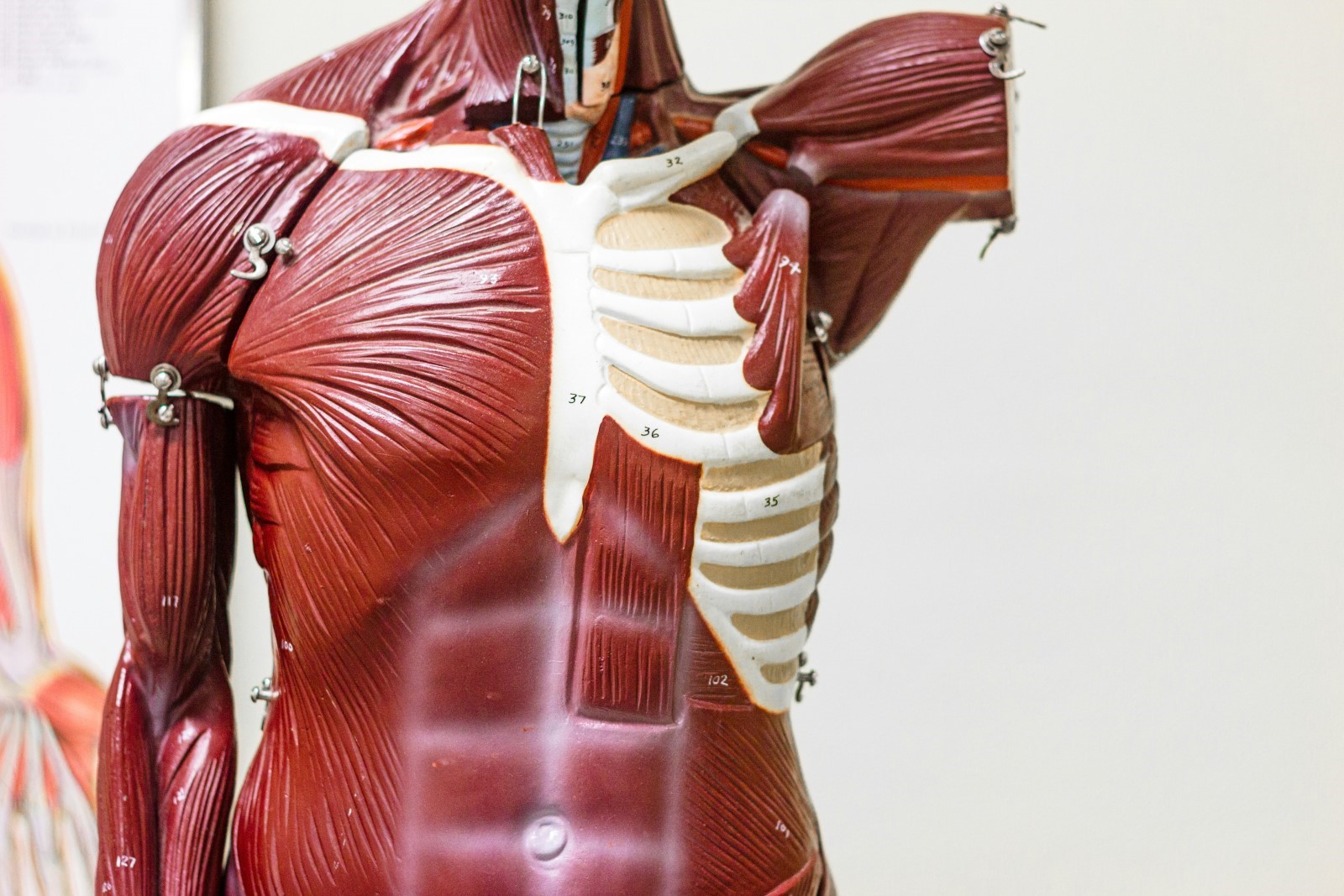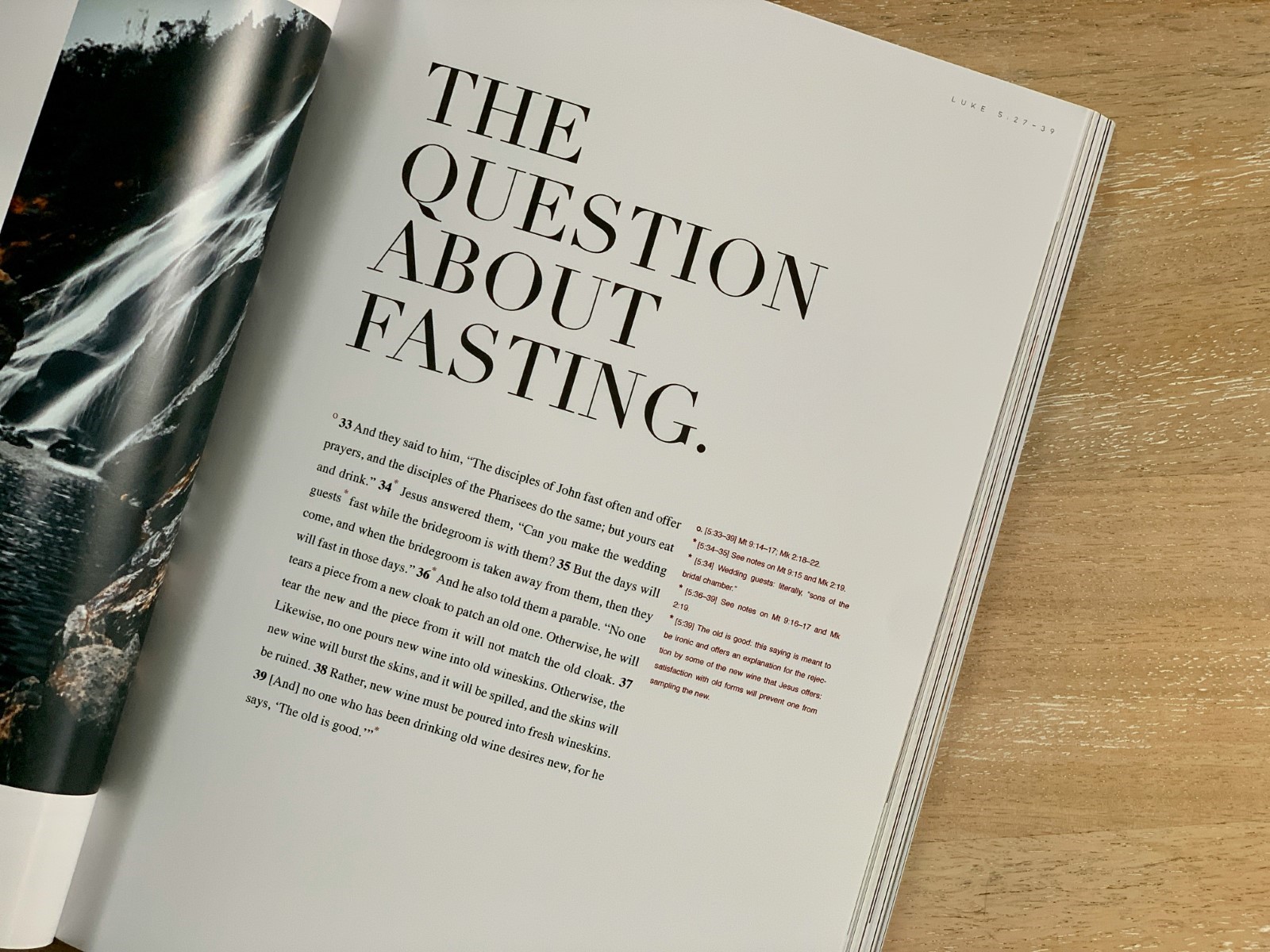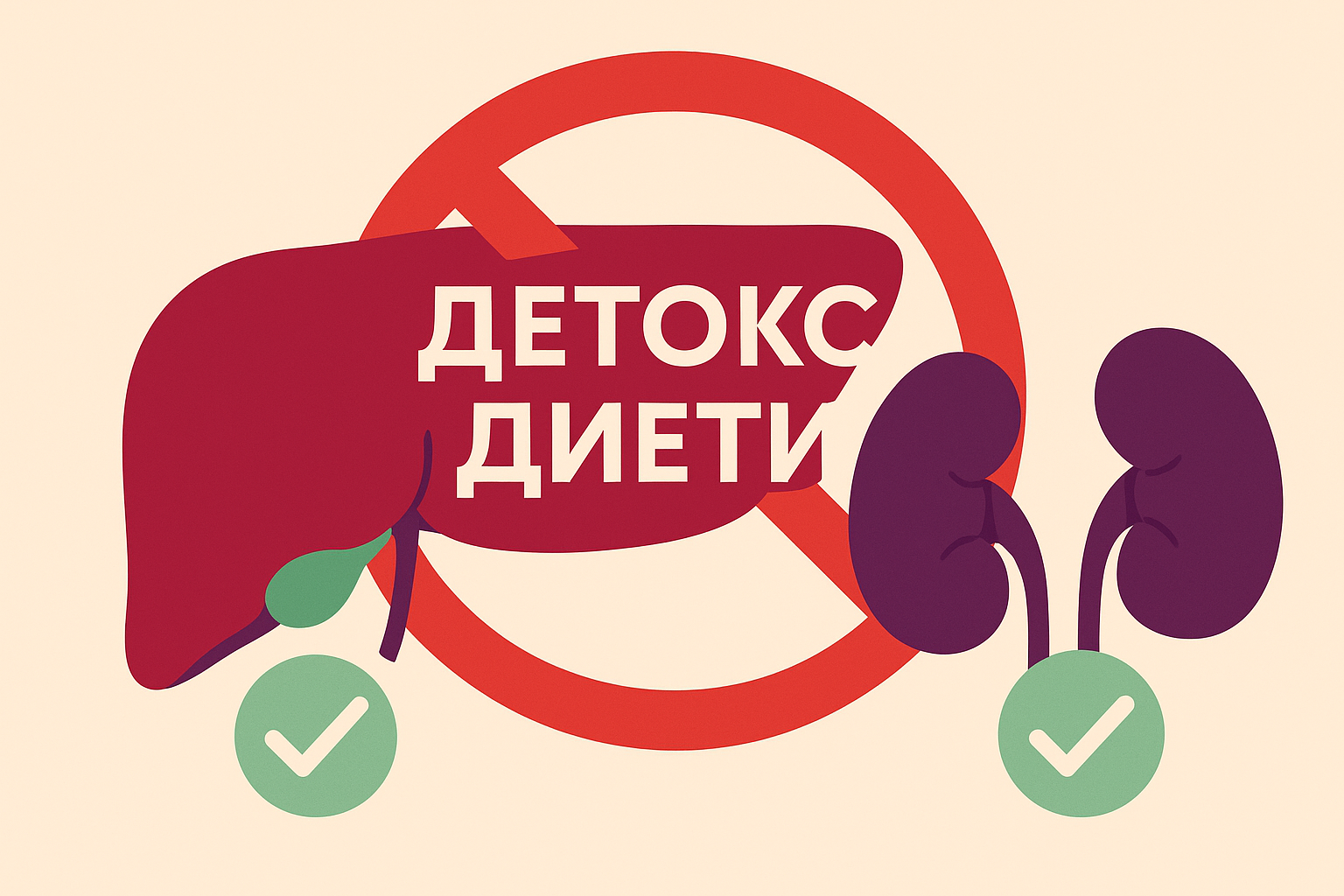Intermittent fasting
What Is Intermittent Fasting?
Intermittent fasting isn’t a diet of specific foods but a strategy of when to eat. The most common pattern is 16/8—16 hours of fasting and an 8-hour “eating window” each day. Another variant is 5:2—eat normally five days a week, then limit calories on two non-consecutive days. By extending the time your body spends in a fasting state, you trigger beneficial metabolic changes. During fasting, your body depletes its glucose stores and switches to burning fat, producing ketones for energy. This metabolic shift is believed to activate cellular repair and “clean-up” processes (e.g., autophagy) , which underlie the potential health benefits described below.

Benefits of Intermittent Fasting
1. Reduced Weight & Body Fat
Limiting your eating hours naturally lowers total calorie intake, resulting in weight loss comparable to traditional low-calorie diets. On average, you can lose about 3–8% of your body weight over several months with a sustained fasting regimen .

2. Improved Insulin Sensitivity & Blood Sugar Control
Fasting gives your pancreas a break and may reduce insulin resistance, increasing insulin sensitivity. The result is lower fasting blood glucose and better overall glycemic control .

3. Better Cholesterol & Heart Markers
Human and animal studies show improvements in lipid profiles. Specifically, intermittent fasting can lower “bad” LDL cholesterol, triglycerides, and total cholesterol while raising “good” HDL cholesterol . Short-term reductions in blood pressure in hypertensive individuals have also been observed —changes that lower cardiovascular risk and are why some cardiologists consider time-restricted eating a potential heart-health tool.
4. Anti-inflammatory Effects & Cellular “Repair”
Extended fasting periods activate autophagy and boost antioxidant defenses . This may explain observed drops in inflammatory markers and potentially lower risk of chronic inflammatory diseases—some data even link fasting to reduced breast cancer and Parkinson’s risk, though more research is needed .
Risks & Potential Harms
Side Effects & Discomfort
Many people initially experience intense hunger and constant thoughts of food, which can be frustrating. Common complaints include headaches, fatigue, irritability, and difficulty concentrating—especially in the first 2–4 weeks . Some also report mood swings and low energy.

Risk of Overeating
A major practical pitfall is “feast or famine.” After long fasts, people may binge during the eating window, negating calorie deficit. Overeating or choosing unhealthy foods can even lead to weight gain .

Metabolic Slowdown
Severe calorie restriction—including prolonged fasting—can cause the body to enter an energy-saving mode. In extended or very strict fasting, basal metabolic rate (BMR) may decrease . This protective mechanism—burning less energy to survive on fewer calories—hinders weight maintenance and risks rapid weight regain once normal eating resumes .
Muscle Loss
Weight loss inevitably includes some lean muscle loss. In intermittent fasting, this can be more pronounced because prolonged food gaps make it harder to consume adequate protein . Muscles are metabolically active and vital for overall health. If you fast, incorporate strength training and ensure sufficient protein intake during your eating window to minimize muscle breakdown and metabolic slowdown.

Possible Cardiovascular Risk
A 2024 observational study reported that people restricting eating to ≤8 hours per day had up to a 91% higher risk of dying from cardiovascular disease (heart attack, stroke) over eight years, compared to those eating across 12–16 hours . This increased risk appeared both in the general population and among those with existing heart disease or cancer . Important caveat: this study is preliminary and observational—showing correlation, not definitive causation. Many confounding factors (self-reported habits, diet quality, lifestyle) may influence results . Current consensus: the long-term cardiovascular effects of intermittent fasting remain unclear. If fasting helps you maintain a healthy weight and you feel well, there’s no urgent reason to stop based on a single study—but stay informed as new data emerge.

Bottom Line: Is Intermittent Fasting Worth It?
Intermittent fasting can be a useful health tool—but it’s not a magic wand. If you decide to try it:
-
Listen to your body’s signals
-
Eat balanced, nutritious meals during eating windows
-
Stop if you feel persistently unwell
-
Consult a doctor or dietitian, especially if you have underlying health conditions
The “miraculous detox” myth may be overstated, but with informed, moderate practice, intermittent fasting could become a healthy habit for many.

Sources:
Vasim I, Majeed CN, DeBoer MD. Intermittent Fasting and Metabolic Health. Nutrients. 2022 Jan 31;14(3):631. doi: 10.3390/nu14030631. PMID: 35276989; PMCID: PMC8839325.
Varady KA, Cienfuegos S, Ezpeleta M, Gabel K. Clinical application of intermittent fasting for weight loss: progress and future directions. Nat Rev Endocrinol. 2022 May;18(5):309-321. doi: 10.1038/s41574-022-00638-x. Epub 2022 Feb 22. PMID: 35194176.
Wang Y, Wu R. The Effect of Fasting on Human Metabolism and Psychological Health. Dis Markers. 2022 Jan 5;2022:5653739. doi: 10.1155/2022/5653739. PMID: 35035610; PMCID: PMC8754590.
Varady KA, Cienfuegos S, Ezpeleta M, Gabel K. Cardiometabolic Benefits of Intermittent Fasting. Annu Rev Nutr. 2021 Oct 11;41:333-361. doi: 10.1146/annurev-nutr-052020-041327. PMID: 34633860.
Carvajal V, Marín A, Gihardo D, Maluenda F, Carrasco F, Chamorro R. El ayuno intermitente y sus efectos en la salud metabólica en humanos [Intermittent fasting and human metabolic health]. Rev Med Chil. 2023 Feb;151(1):81-100. Spanish. doi: 10.4067/s0034-98872023000100081. PMID: 37906749.
Tang D, Tang Q, Huang W, Zhang Y, Tian Y, Fu X. Fasting: From Physiology to Pathology. Adv Sci (Weinh). 2023 Mar;10(9):e2204487. doi: 10.1002/advs.202204487. Epub 2023 Feb 3. PMID: 36737846; PMCID: PMC10037992.
Tiwari S, Sapkota N, Han Z. Effect of fasting on cancer: A narrative review of scientific evidence. Cancer Sci. 2022 Oct;113(10):3291-3302. doi: 10.1111/cas.15492. Epub 2022 Aug 10. PMID: 35848874; PMCID: PMC9530862.
Marko DM, Conn MO, Schertzer JD. Intermittent fasting influences immunity and metabolism. Trends Endocrinol Metab. 2024 Sep;35(9):821-833. doi: 10.1016/j.tem.2024.04.014. Epub 2024 May 8. PMID: 38719726.




Comments